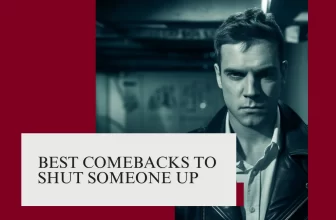This dreaded interview question has been haunting job seekers forever. “What is your weakness?” feels like a trap—are they looking for flaws, or do they want to hear how perfect you are?
So, how do you nail this?
I spent way too much time digging through examples, tweaking responses, and asking myself how I’d answer this question in a way that’s honest and impressive.
The result? A collection of 23 answers that don’t sound fake or rehearsed—answers I’d actually use.
Quick heads-up before you dive in:
- These examples are meant to spark ideas, not serve as one-size-fits-all scripts. Adapt them to your style, job, and personality.
- The key is showing growth. Your “weakness” should highlight your self-awareness and your drive to improve, not a deal-breaker flaw.
- Be ready to back up your answer with a real example of how you’re working on it.
If you’re stuck on how to frame your response, don’t worry. I’ve got practical, no-nonsense ideas for everything from perfectionism to public speaking. Let’s see which one fits your style best!
Good Answers to “What Is Your Weakness?”
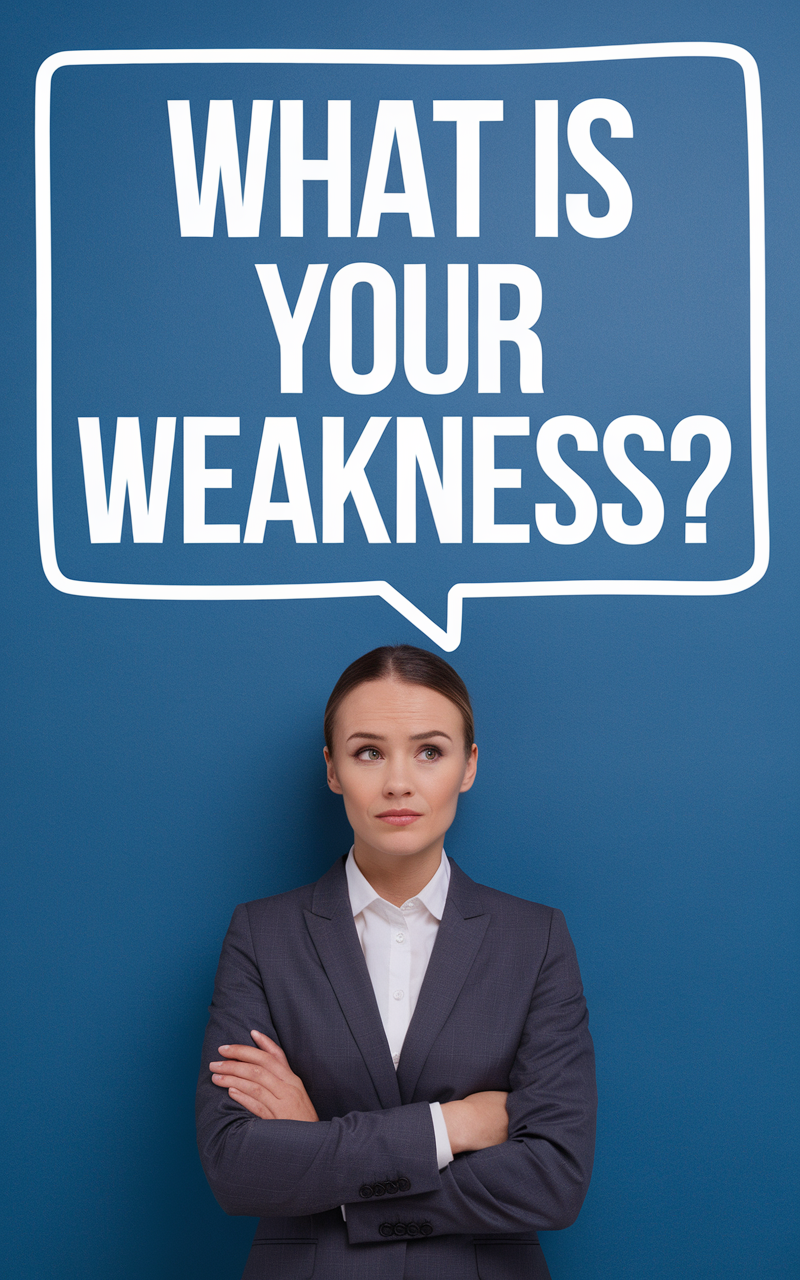
Answering the question “What is your weakness?” during an interview can feel tricky, but it’s actually an opportunity to show self-awareness, honesty, and a willingness to grow.
Here are ten responses, with context for when and why each one might work.
1. “I can be a bit of a perfectionist. Sometimes, I focus too much on getting every detail right, which can slow me down. I’m working on balancing quality with efficiency by setting clear deadlines for myself.”
This answer works well in creative or detail-oriented fields. It shows you’re self-aware and actively taking steps to improve. You could even say, “This has helped me deliver better results without overthinking.”

2. “I occasionally struggle with delegating tasks. I like to make sure everything’s done well, but I’m learning to trust my team more and focus on the bigger picture.”
Perfect for leadership roles. It shows that you value quality but are working on improving collaboration. You might add, “I’ve started using team check-ins to ensure everything’s on track while giving others room to shine.”
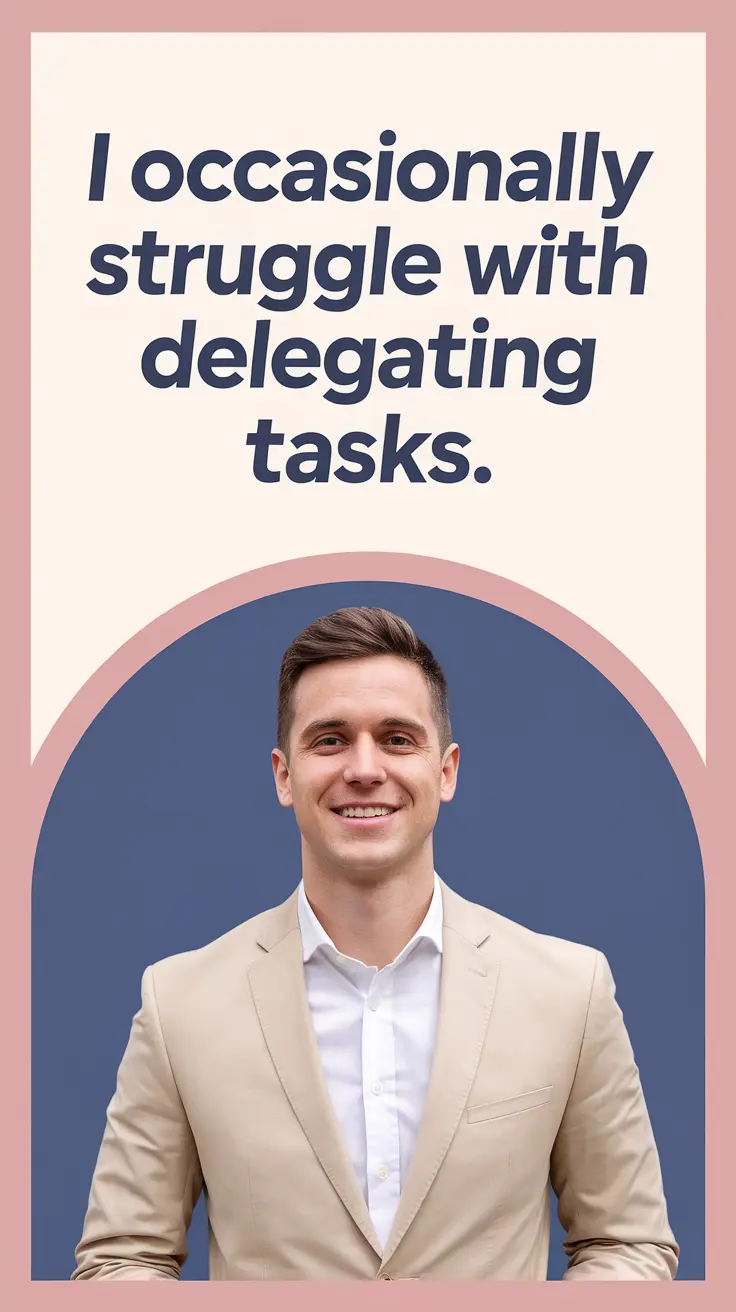
3. “I sometimes find it hard to say no to additional responsibilities. I’m working on prioritizing tasks to avoid overcommitting and maintain high standards.”
This response fits well for team players and multitaskers. It conveys enthusiasm while showing a willingness to manage time better. Add, “Learning to delegate has been a game-changer for me.”
4. “I tend to get nervous with public speaking, but I’ve been taking steps to improve by practicing in smaller groups and seeking feedback.”
A good choice for roles where communication skills are important. It highlights growth and a proactive mindset. You could even mention, “Joining a speaking workshop has helped me feel more confident.”
5. “I can be overly critical of my own work. I’m learning to celebrate achievements and acknowledge progress instead of focusing only on what can be improved.”
This is ideal for roles requiring high standards. It reflects a focus on excellence while showing personal growth. You might add, “This shift has actually made me more productive and positive.”
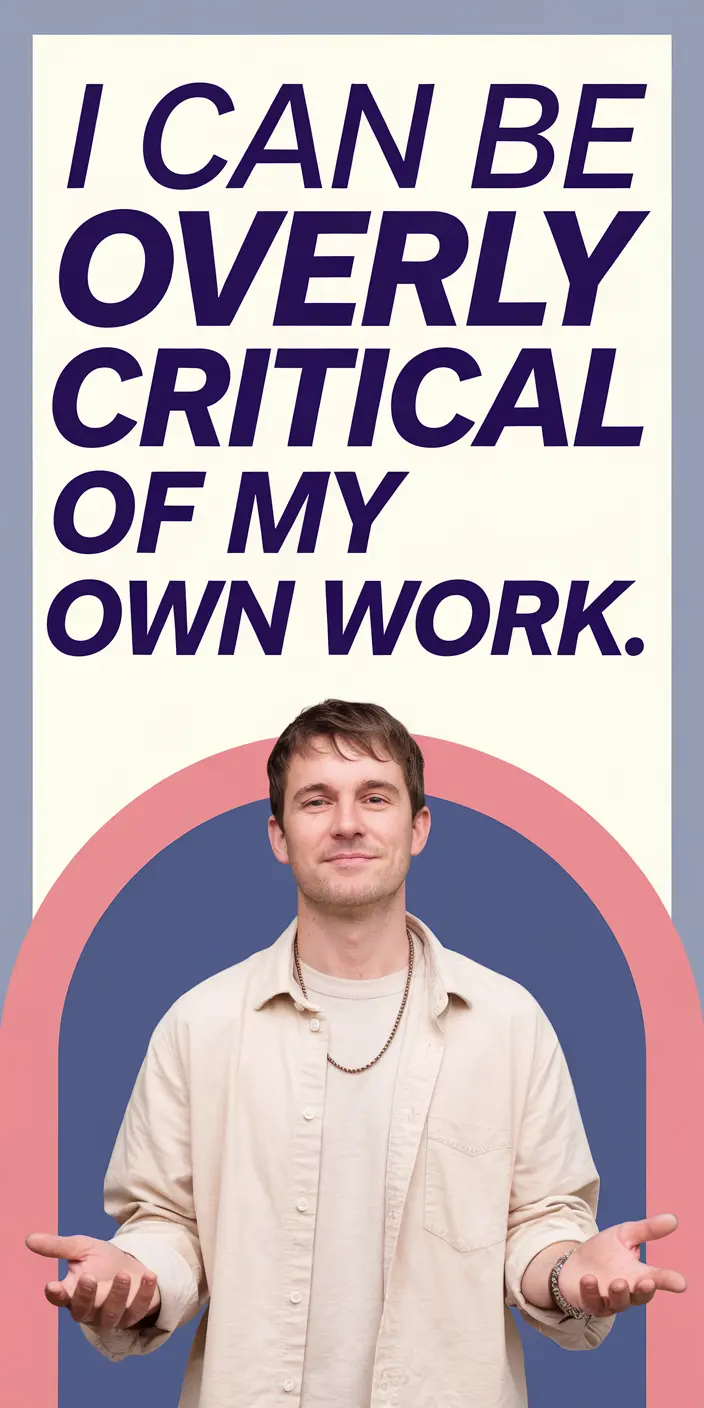
6. “I sometimes take longer to adapt to new tools or technologies, but I’ve found that dedicating extra learning time upfront helps me get up to speed quickly.”
This works well in tech-driven environments. It shows that while you face challenges, you’re willing to put in the work to overcome them. You could say, “This approach has made me more adaptable over time.”
7. “I’ve had moments where I focused too much on independent work, but I’m learning the value of collaboration and asking for input early on.”
This answer fits for roles requiring teamwork. It shows you’re committed to improving and value team dynamics. Add, “Now, I make a point to ask for feedback before finalizing projects.”
8. “I sometimes feel uncomfortable in situations with ambiguity, but I’ve started to embrace it by focusing on what I can control and staying flexible.”
This is a good choice for fast-paced industries. It shows that you’re adaptable and actively working on becoming more comfortable with uncertainty. Mention, “This has helped me make quicker decisions without overthinking.”
9. “I tend to rely heavily on tried-and-true methods, but I’ve been exploring creative approaches by seeking inspiration from colleagues and industry trends.”
Great for problem-solving roles. It acknowledges a safe approach while showing you’re open to innovation. Add, “This has led to some unexpected but effective solutions.”
10. “I can get too focused on completing tasks, which sometimes makes me overlook the bigger strategic goals. I’m working on aligning daily work with long-term objectives.”
This is perfect for roles requiring strategic thinking. It shows you’re detail-oriented but also growing in your ability to think ahead. Say, “Regularly reviewing goals with my manager has helped me stay on track.”
11. “I sometimes hesitate to share my ideas in meetings, especially when I’m not 100% confident in them. I’ve been working on contributing more by preparing ahead of time and reminding myself that all input is valuable.”
This is a relatable weakness that highlights self-awareness. It works particularly well in collaborative environments.
Personally, I like this because it’s not about avoiding risk but learning to engage more actively.
Try adding something like, “I’ve been surprised by how well-received my ideas have been once I started speaking up.”
12. “I have a habit of overanalyzing decisions, which can slow me down. I’m learning to trust my instincts more and balance careful planning with quicker execution.”
This is great for analytical roles where attention to detail matters. It shows you value thoroughness but are working on efficiency.
I think this answer is strong because it’s practical, and you can even mention a tool you use, like setting deadlines to avoid overthinking.
13. “I sometimes avoid asking for help because I like figuring things out on my own. I’ve realized that seeking input often leads to better results, so I’m focusing on collaborating more.”
This shows independence but also a willingness to grow. If you’re in a team-oriented role, this response is golden.
I’d recommend mentioning a recent example where collaboration improved your work—it makes the answer feel more authentic.
14. “I tend to get caught up in the smaller details of a project, which can make it harder to see the bigger picture. To address this, I’ve started using project planning tools to stay aligned with broader goals.”
This works well in detail-oriented roles where precision is valued. Personally, I’d use this if you’re applying for something like quality assurance or editing, where details matter but big-picture thinking is also important.
15. “I sometimes struggle with giving constructive feedback because I don’t want to come across as overly critical. I’ve been practicing by focusing on how feedback can help others grow.”
This is perfect for roles involving mentorship or leadership. I like this answer because it shows emotional intelligence and a desire to help others.
You could add, “I’ve started framing feedback as suggestions for improvement, which has made it easier for me to share.”
16. “I find it challenging to switch gears quickly when I’m deeply focused on a task. I’ve been working on improving by scheduling regular check-ins to stay flexible and adaptable.”
This is a great response for roles in fast-paced environments. It shows dedication but also adaptability. I’d suggest adding, “This has helped me respond better to unexpected priorities without losing focus.”
17. “I’m not naturally the most organized person, but I’ve been using tools like task lists and calendars to stay on top of things.”
This one is honest and relatable. It works for roles where organizational skills are important, as it shows effort to improve.
Personally, I think it’s endearing because it feels real, and you could even add, “It’s been satisfying to see how much more productive I’ve become.”
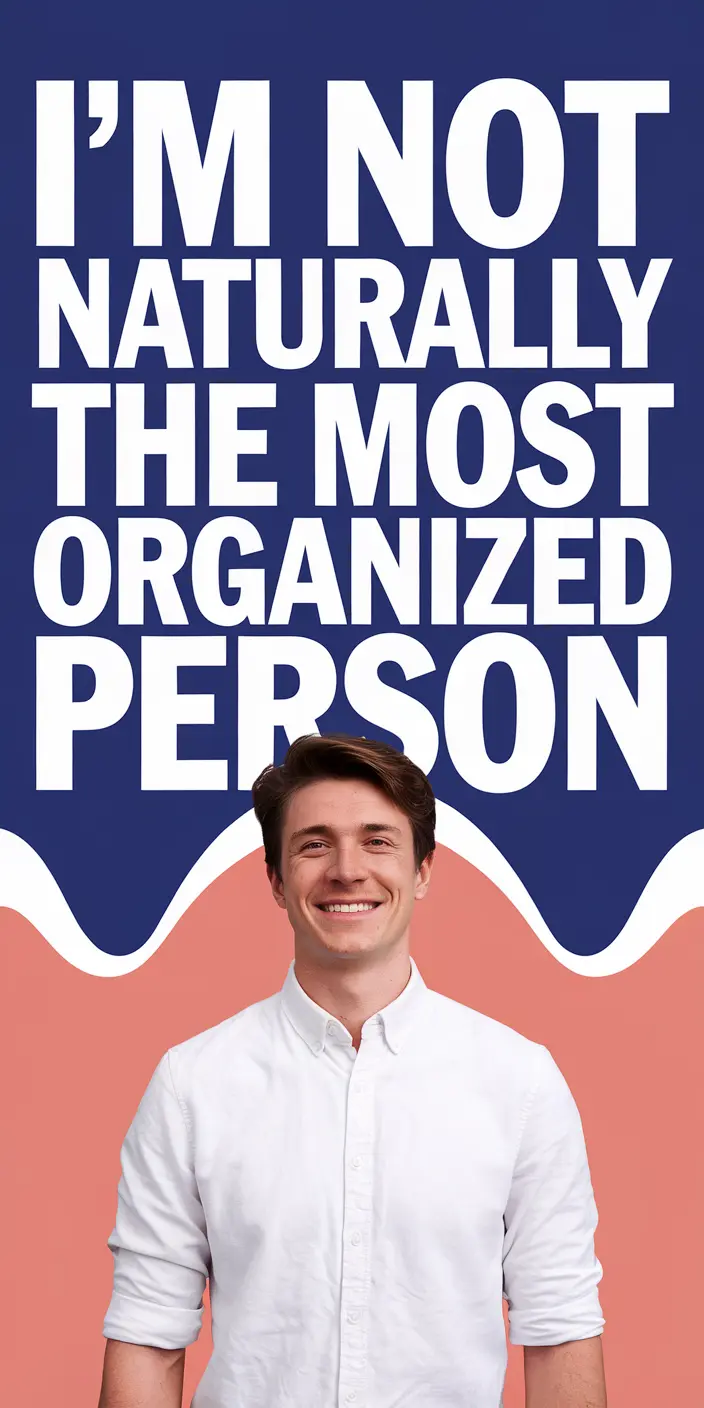
18. “I sometimes feel uncomfortable in conflict situations, but I’m learning to address issues directly and find solutions that work for everyone.”
This is a strong answer for roles requiring teamwork or client interaction. It’s honest but proactive. I like this one because it shows you value harmony but aren’t shying away from growth.
19. “I have a habit of taking on too much because I want to help wherever I can. I’ve been working on setting boundaries and prioritizing tasks to avoid burnout.”
This is great for high-energy, team-oriented roles. It’s relatable and shows you’re learning to balance. I’d suggest mentioning a specific example, like how you’ve learned to delegate effectively.
20. “I sometimes struggle with saying no to additional tasks, but I’ve realized the importance of managing my workload to deliver quality work.”
Similar to the previous one, this is ideal for multitaskers. It’s straightforward and shows self-awareness. I’d recommend saying, “Now I assess my current workload before agreeing to new tasks,” to show you’re actively improving.
21. “I tend to be cautious with change, preferring to stick with what’s familiar. However, I’ve been embracing new challenges by focusing on the opportunities they bring.”
This answer is great for roles in evolving industries. I think this one works because it shows you’re aware of your hesitation and taking steps to grow. Add something like, “For example, I recently volunteered for a new project outside my comfort zone.”
22. “I sometimes underestimate how long a task will take, which can lead to tight deadlines. I’ve started breaking projects into smaller steps to plan more accurately.”
This is perfect for project-based roles. It’s practical and shows that you’re addressing the issue. I’d suggest adding, “This has helped me manage expectations better and stay on track.”
23. “I occasionally focus so much on the outcome that I forget to enjoy the process. I’ve been making an effort to slow down and appreciate each step.”
This is a unique and thoughtful answer, great for creative or reflective roles. It shows self-awareness and a positive mindset. Personally, I love this one because it feels genuine and relatable.
Wrapping It All Up
Answering “What is your weakness?” doesn’t have to feel like stepping into a minefield. It’s really about owning your growth story—showing that you’re not just aware of areas to improve, but actively working on them.
The examples we’ve covered are here to help you craft a response that feels genuine and tailored to your experience.
Whether it’s about delegation, overthinking, or learning new tools, the key is to highlight progress and potential, not perfection.
Take these ideas, tweak them to sound like you, and practice until they roll off your tongue naturally.
And hey, if you ever feel stuck or need more tips, bookmark this page and revisit it before your next big interview.
For more ideas, check out:
Good luck—you’ve got this!





